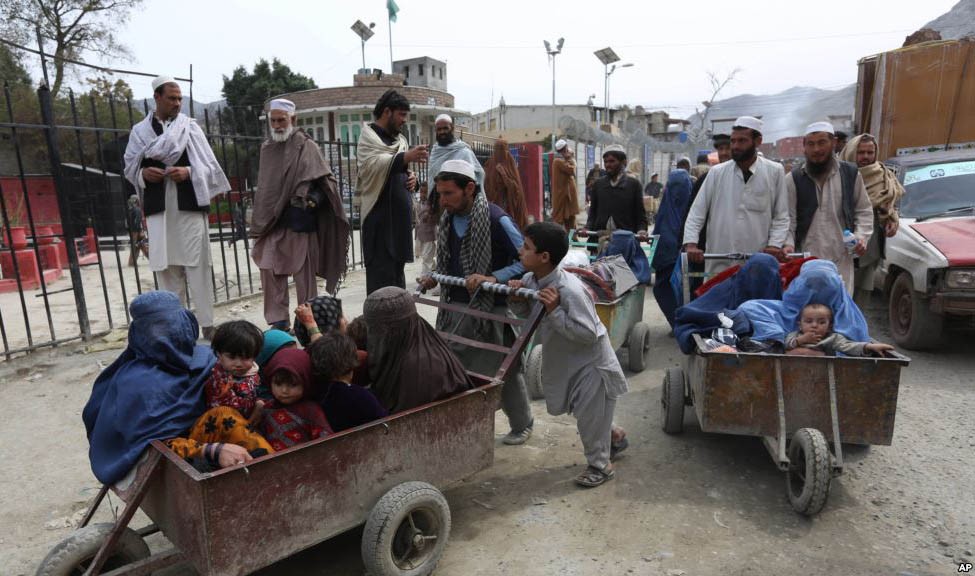
The long-awaited process of regularising undocumented Afghans has finally begun -- to the satisfaction of many Afghans born in Pakistan

They have been living here for decades without legal documents, only because of the strong bond between Pakistan and Afghanistan. They are neither refugees as they possess no proof of registration (POR) cards, nor visitors as they do not hold valid visas or travel documents. Most of them are born in Pakistan, and if given choice, would not go to Afghanistan to live.
According to United Nations High Commission for Refugees (UNHCR), apart from the registered 1.5 million refugees, there are 0.6 to 1 million undocumented Afghans in Pakistan, mostly in Peshawar and surrounding areas of KP. They did not acquire POR cards or visas because while crossing the Pak-Afghan border via Torkham such documents were not required.
And this was a normal practice, of people coming and going without documents, for the last 37 years or more.
After the installation of a proper border management system at Torkham and all other points, the Pakistan and Afghan authorities tried to find a way to legalise the stay of these undocumented Afghans living in Pakistan. The process got kicked off on August 16, by setting up 21 centres all over the country with 11 in Khyber Pakhtunkhwa.
Assisted by Afghan officials, their details, along with biometric records, are being collected to issue them the Afghan Citizen Card to legalise their stay in Pakistan. By October 4 around 162,011 were registered. Out of these, over 87,243 were registered at 11 centres in KP. An average of 2400 Afghans are issued the card every day. The centres however took a break in Muharram.
"In order to ensure transparency in the registration process, call centre facility is to be provided for Afghans so they can get an appointment for registration. A proposal in this regard is to be finalised in Islamabad. Besides, the environment at all centres is to be further improved and maximum facilities provided through Nadra, especially to vulnerable Afghan families," says Waqar Maroof, Director General Refugees Khyber Pakhtunkhwa.
"Over the years many of my family members faced problems moving around in Peshawar and other cities without POR cards or other documents. I told my brothers and other family members to get registered so they can be provided a card that they can show to police," says Fazal-e-Rabbi, a 35-year-old Afghan born in Pakistan.
Rabbi would prefer to live in Pakistan with his family as "I have been to Afghanistan only a few times in my entire life. Peshawar is my home. Hundreds of Afghans want to stay here as life in Afghanistan is not easy".
He is right in saying that a majority of Afghans living in Pakistan do not want to go back. Hundreds of those deported last year or others who left for the fear of being arrested have now returned to Peshawar and other cities after obtaining an Afghan passport and a valid Pakistani visa.
"I had shifted my family to Afghanistan last year after things became difficult in Pakistan. You cannot imagine our pain. We had been living in Peshawar since birth. I am back again after obtaining passport and visa and my family will join me soon," says Asmat Ullah, an Afghan in his mid-20s.
Pakistani authorities arrested thousands of undocumented Afghans under the Foreigners Act last year, and were deported to their country. Many men were separated from their families while they visited cities as they were held for having no legal document for staying in Pakistan. Their families would be clueless about their whereabouts.